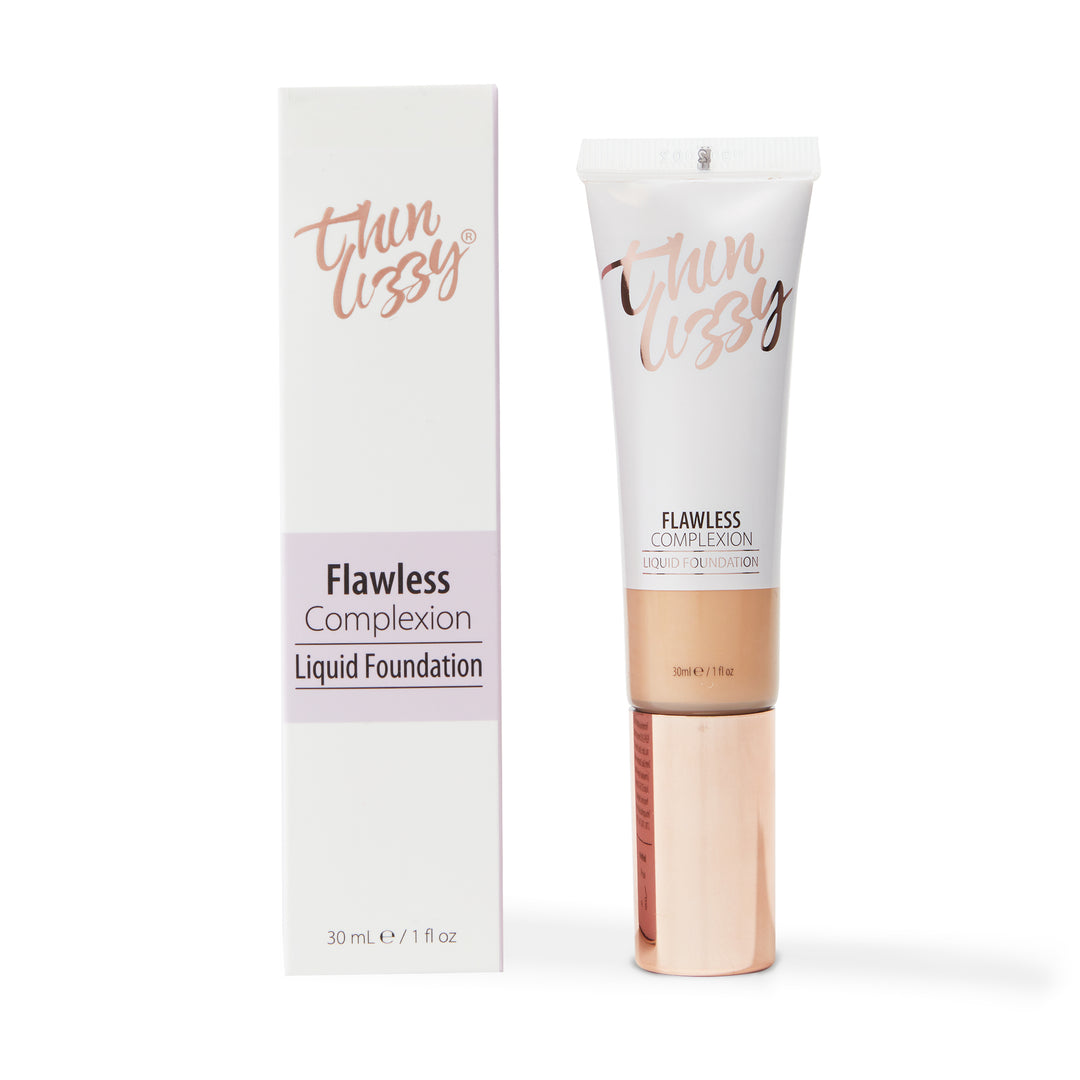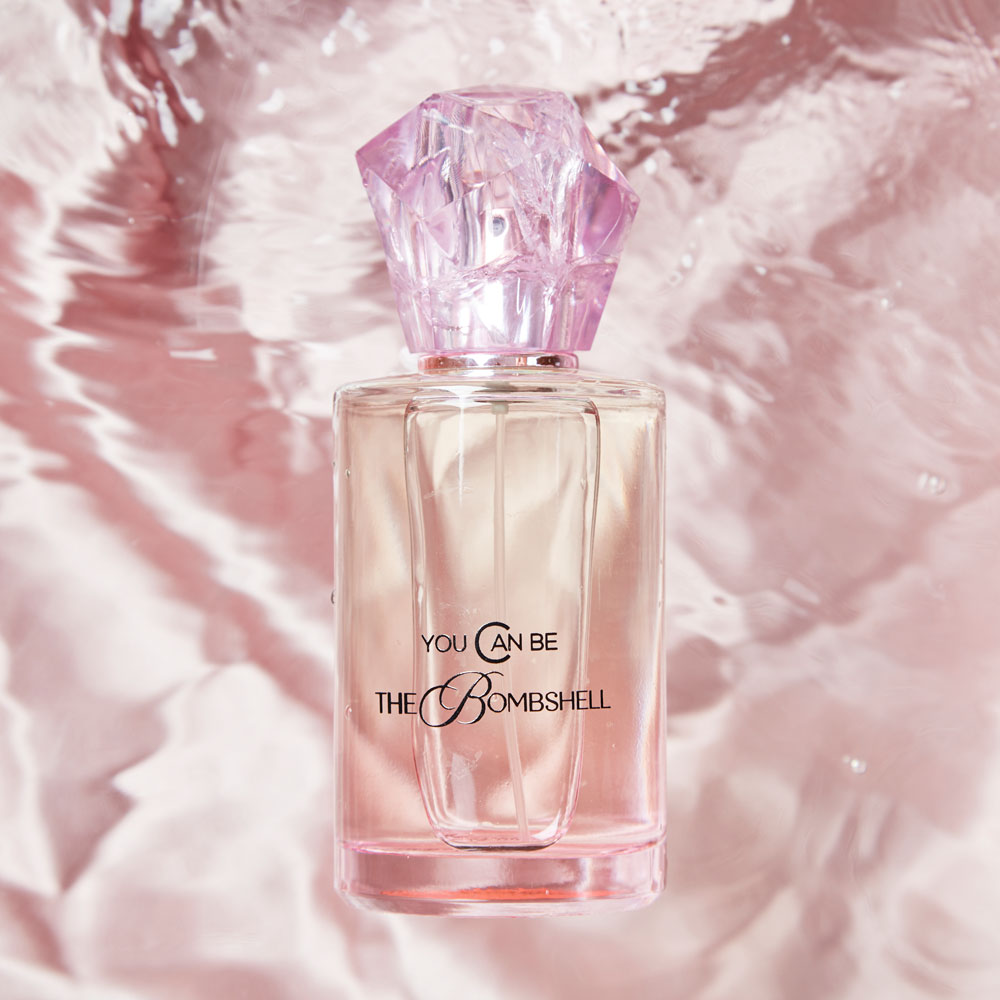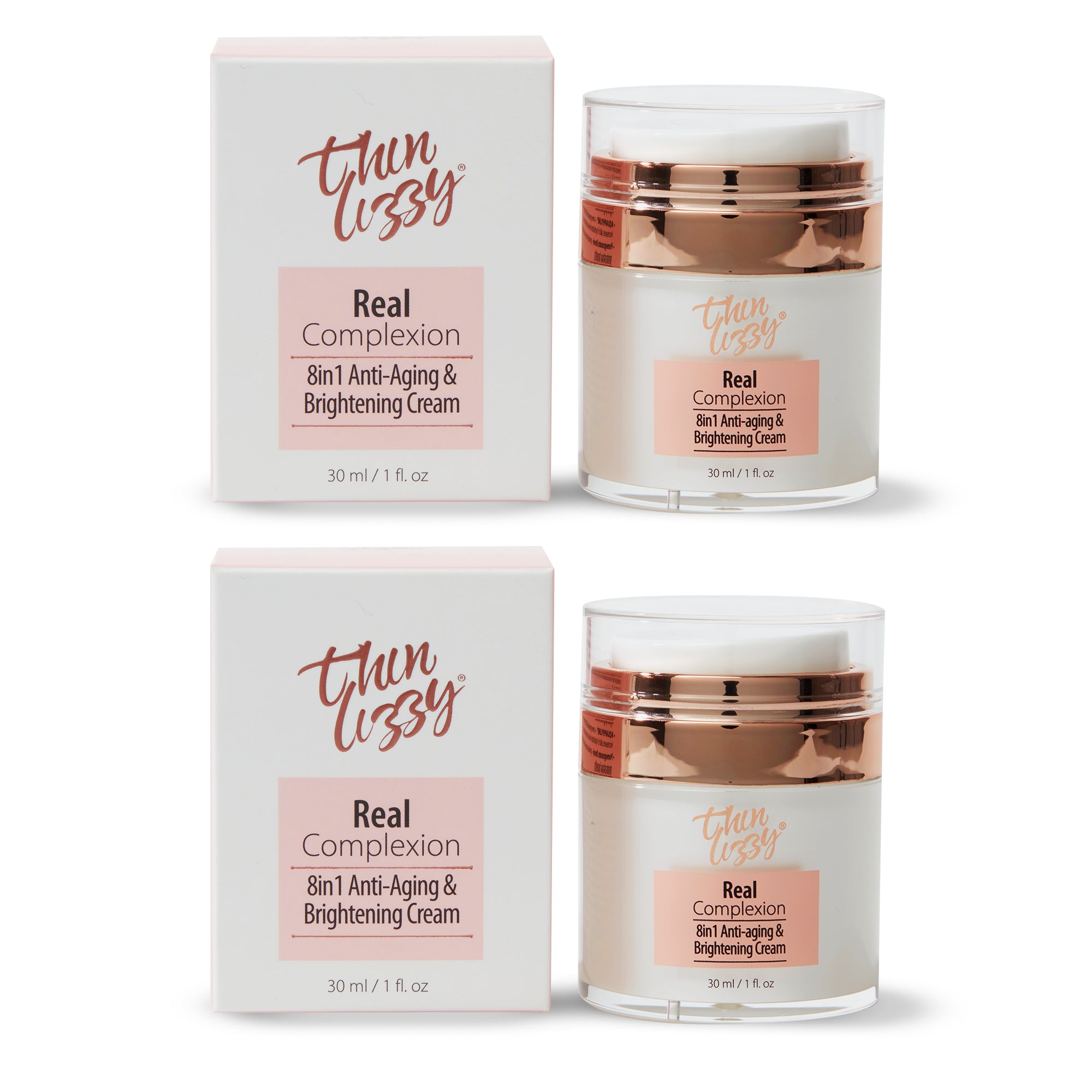The Meat of the matter: An Insight Into Collagen Supplementation

In the pursuit of long healthy hair, strong nails, and youthful radiant skin, we can find ourselves attempting to navigate a minefield of products and treatments that are on the market. This can be extra tricky, and we’re too often left feeling overwhelmed by the overabundance of options. How do we know what really works?... Heck, what is even in half of these products?... Is it worth jumping on board?...
A widespread beauty product that has taken social media and celebrity beauty routines by storm is collagen. However for many of us, collagen is an enigma. Few people know what it does, where it comes from, how it works…
Sometimes it can seem all too easy to throw up our hands in despair and simply give up, but there’s no need to do that! (well, not yet anyway), because we are here to help. Today we’ll decode collagen and its mysteries, so you can decide for yourself if it’s something that could be a worthy addition to your own routine.
COLLAGEN 101
So, collagen, what is it?
Collagen is a protein that is naturally produced in the body, and is the most plentiful protein at that, being found in our bones, muscles, skin and tendons. Collagen forms a foundation for holding cells in the body together, providing strength and structure. This collagen that our bodies create is called endogenous collagen, meaning that it is naturally synthesized within our bodies. Alternatively, exogenous collagen refers to synthetic collagen. In other words, collagen from an outside source that we may supplement with, such as a collagen powder or capsules.
There are several different types of collagen, but the main types of collagen that we might look to supplement with are types I, II and III. Type I collagen is densely packed and is used to give structure to your bones, skin, tendons, ligaments and other connective tissue. Type I makes up 90% of our endogenous collagen in our bodies, and is fundamental to having good skin. Type II is found in our elastic cartilage such as in our ribs, nose and trachea and are known to give us joint support. Type III collagen works in conjunction with type I, and is in places such as our skin, ligaments and blood vessels, and in supplements mostly aids in promoting skin health.
What is the science behind exogenous collagen? Does it really work?
Exogenous collagen is made from hydrolysed collagen peptides. Because collagen molecules are quite large, for supplements it is broken down into amino acid peptides so that it can be absorbed efficiently by the body, as well as to increase its bioavailability. This addition of exogenous collagen helps to stimulate us to produce more collagen naturally, thereby increasing the levels of collagen in our bodies. There are many studies that support the notion that collagen supplementation does work in a variety of ways, pertaining both to our appearance and internal bodily health.
Where does it come from?
So, we know that our bodies can produce collagen on their own, but we also know that some people like to consume supplementary exogenous collagen. So this begs the question… where does this collagen come from? Well as it turns out, this is a bit of a loaded question. Collagen can be found in many of the foods we eat such as fish, poultry and meat. Notice a pattern there? Collagen can only be naturally found in the animal kingdom, so collagen products are all derived from animal products. The three main types of collagen that are inside collagen supplement products are bovine collagen, marine collagen and poultry collagen.
Bovine collagen is the most commonly used type of collagen and arguably the best. It is derived from parts of cows, such as their hide, tendons and bones which all contain large amounts of collagen. Don’t let this put you off though! All collagen comes from animal products, so it is similar to drinking bone broth or stock that you’d use in cooking. Bovine collagen is rich in collagen types I and III, but can also contain type II, making it a great option for those looking to improve their skin, due to the fact that our skin is mostly made up of types I and III also.
Marine collagen is another competitor on the market. Marine collagen, as its name suggests, is derived from parts of fish such as snapper and cod, making it a sought after option for pescatarians. This collagen is taken from parts of fish like their scales and skin. There is research to show that marine collagen has similar benefits to bovine collagen, so it’s a great option for those who would prefer a fish based option.
Another type of collagen that is less common but still available is poultry based collagen. This collagen can be derived from poultry products, such as chicken cartilage, bones and eggshell membrane. This type of collagen contains mostly type II, so is the best option for bone and joint health.
What sort of collagen products are on the market?
Most of the collagen products on the market are made using bovine collagen, or marine collagen. Collagen products mostly come in the form of a loose powder that you can scoop into your water, smoothies or other beverages, or as capsules that you can take with your daily supplements. Companies have definitely got creative, so there is a plethora of options to choose from. There are now collagen protein powders, coffee creamers, collagen chai latte mixes, flavoured collagen powders, and totally tasteless powders that you can mix into a glass of water and not even taste that it’s there!
What are the pros?
There are a multitude of benefits to be had from adding a collagen powder or supplement to your routine. We’ve compiled a list of the main benefits to save you scouring the internet for answers…
Improved skin health
Lets be real, for many of us this is the main perk we’re after! Because collagen is a main building block within our skin, taking a collagen supplement such as bovine collagen which can contain types I, II and III, can certainly help to strengthen your skin in terms of its elasticity and hydration. As we age, our body produces less collagen which then in turn affects how we age. Taking a collagen supplement can help stimulate collagen production so that the body is able to produce more of its own collagen, to minimise the emergence of fine lines and wrinkles.
Strengthening of hair and nails
Another win for the beauty regime! Collagen has also proven to be great for those of us wanting to achieve thick and healthy hair, as well as turning our brittle nails to being long and strong. The amino acids in collagen are used by the body to build proteins that strengthen our hair and nails.
Improved joint health
Beyond the beauty side of things, collagen supplementation can actually have profound positive effects on our health and wellbeing. Collagen is an integral protein that helps to keep our cartilage and joints in good shape. This means that adding collagen to your daily supplements can help with issues such as joint pain, inflammation and stiffness.
Improved bone health
A further health benefit of taking collagen is improved bone health. Our bones are largely made up of collagen, providing them with structure and strength. As such, just as our natural collagen in our body decreases with age, so too does our bone mass. Studies have shown that simply taking 5 grams of collagen daily can result in a 7% increase in bone mineral density (BMD), showing that collagens anti-ageing effects extend beyond our appearance!
What are the cons?
Luckily, there are few downsides to taking collagen supplements. Having said that, they might not be for everyone. Because collagen is only present in the animal kingdom, it is usually not suitable for vegans or vegetarians. Collagen products are also made from common food allergens including fish, shellfish and eggs, so it is extra important to check the ingredients list. Less common but still a factor to consider, is that a few people have experienced digestive side effects, including bloating, heartburn and feelings of fullness. However in general, collagen supplements are safe for most people. A potential con if you’re impatient with your beauty products can be that it usually takes a few weeks to see results from collagen supplements, but slow and steady wins the race! Consistency is key.








